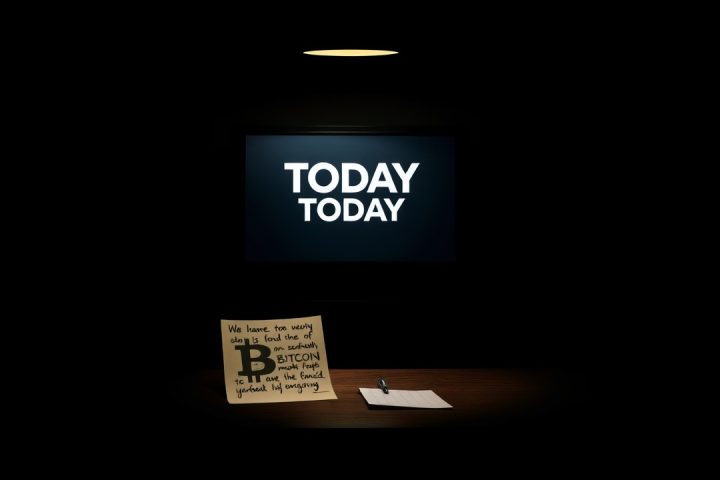Introduction of Regulatory Framework
Brazilian authorities have introduced a regulatory framework to oversee cryptocurrency operations in a manner similar to traditional banking practices. Recently announced by the central bank, this initiative affects transactions involving stablecoins and certain self-custody wallet transfers, classifying them as foreign exchange activities. Known as Resolutions 519, 520, and 521, this new regime establishes comprehensive operational standards and authorization processes for licensed virtual asset service providers (SPSAVs) operating in the nation.
Consumer Protection and Compliance
The Banco Central do Brasil (BCB) is extending existing consumer protection and Anti-Money Laundering (AML) protocols to cover crypto brokers and custodians as part of its regulatory measures. These rules will begin to be enforced on February 2, 2026, with mandatory reporting on capital-market and international operations set to commence on May 4 of that year.
Stablecoin Transactions and Foreign Exchange Operations
A key component of these new regulations, per Resolution 521, is the definition of stablecoin transactions—including purchasing, selling, and international transfers—as foreign exchange operations. This classification subjects such activities to the same regulatory scrutiny applied to traditional currency trades and cross-border remittances. Under the new rules, authorized FX institutions, along with SPSAVs, will be permitted to undertake these transactions, provided they adhere to established documentation and value limits. The BCB has set a maximum of $100,000 for transfers involving unregulated foreign entities.
Implications for Self-Custodied Wallets
The regulations also hold important implications for self-custodied wallets. When transfers are facilitated by a service provider, these entities must verify the identity of the wallet owner and track the origin and destination of funds, even in domestic transactions. Although it does not outright prohibit self-custody of assets, this requirement narrows a significant oversight loophole, compelling regulated brokers to approach wallet interactions as if they were formal foreign exchange operations.
Goals and Challenges
The BCB has emphasized that the overarching aim of these regulations is to enhance operational efficiency and provide legal clarity within the cryptocurrency market. This move follows the central bank’s concerns over the rapid growth of stablecoin use in Brazil, where approximately 90% of crypto activity is tied to these assets. BCB President Gabriel Galipolo highlighted the challenges tied to such widespread usage, particularly concerning money laundering and tax compliance.
Impact on Cryptocurrency Businesses
Moreover, the introduction of these rules could affect smaller cryptocurrency businesses, increasing their compliance costs and altering their competitive landscape against larger institutions. As companies begin to prepare for the upcoming regulations that will take full effect in 2026, the shift represents a significant transition in Brazil’s approach to crypto regulation—from an experimental phase to a more structured oversight mechanism. Overall, these developments signify that while cryptocurrencies are embraced within Brazil’s financial framework, they must comply with the same regulatory standards that govern traditional fiat currencies.




